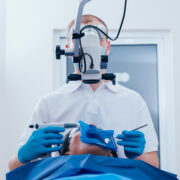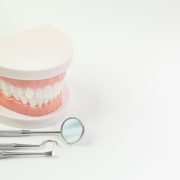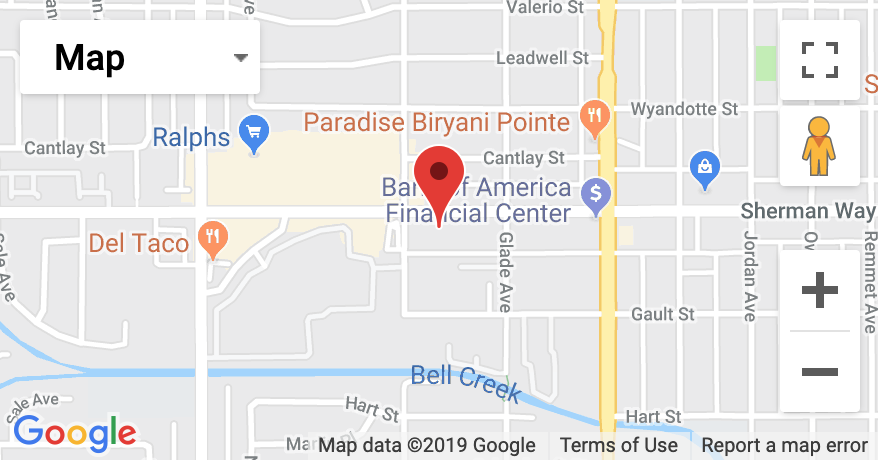What to Expect With Oral Surgery
If you are going to be having oral surgery soon, there are some things that you’ll need to know. Oral surgery is like other surgeries, in that it should be taken very seriously. And, just like many other kinds of surgeries, it will be done by a specialist. In most cases, you’ll be consulting with your oral surgeon directly in the days leading up to your surgery. You’ll have an opportunity to ask any questions you may have, but in the meantime, here is some information to get you started.
Preparing For Oral Surgery
Whether or not your oral surgery is performed as an in-patient or out-patient, you’ll want to have someone accompany you. This person will be there to support you, help navigate the process, and be there after the surgery. In the days leading up to surgery, avoid drinking, smoking, or eating in excess. Your surgeon may even ask you to fast for 12-24 hours before surgery. Include plenty of water in your day to avoid dehydration.
During Oral Surgery
If you are to be under general anesthesia, all you have to do is lie down and trust your doctors. You won’t feel anything until after you wake up. If you are to have local anesthesia, you’ll be given a sedative as well as numbing agents. You may be vaguely aware of what’s happening, but you won’t be fully alert.
Post Oral Surgery
When you first wake up, you’ll be very groggy and you may feel very heavy. You won’t feel any pain. However, as time goes on, you will start to feel pain, at which point you need to tell a nurse so you can get medication. After you’re stable enough to go home, you’ll be released to continue to recover at home. You’ll definitely need someone to drive you home afterward because the medication will make you groggy and unable to drive. You should also expect to have someone stay with you for two or three days at home to prepare meals and care for you.
Your oral surgery team will give you detailed after-care instructions so you know just what to do and what not to do. In time, you’ll fully recover and be glad to have received the oral surgery treatment that you needed.









